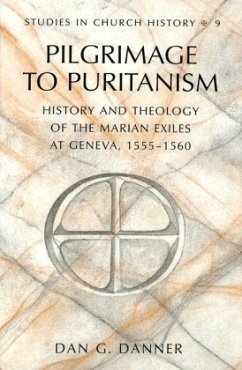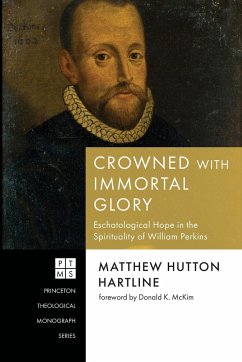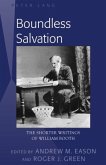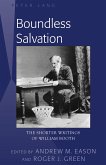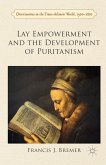Protestants who fled England during the reign of Mary Tudor settled in a number of cities on the Continent. Those who went to Geneva at the invitation of John Calvin have become known as the most radical voices for reform of the Church of England during the Elizabethan Settlement. Many scholars have called them "puritans." Pilgrimage to Puritanism is a comprehensive study of these English Protestant refugees: who they were, what they published while in Geneva and later during Elizabeth's reign, the nature of the refugee church they established under Calvin's tutelage, and the theological and political thought that became pivotal in sixteenth-century English Puritanism.
"After spending a lifetime exploring the history and theology of the Marian Exiles in Geneva from 1555 to 1560, Dan G. Danner here provides the definitive treatment of this phase of the English Reformation. In addition to helping us to see how the Exile experience contributed to the creation of the puritan movement, Danner also provides invaluable biographical studies of key members of the Exile community. Finally, Danner helps us understand the Exiles' theological commitments and how those commitments compared with similar motifs among the major Protestant Reformers on the Continent. A must read for anyone serious about understanding either Exiles or the larger English Reform." (Richard T. Hughes, Distinguished Professor of Religion, Pepperdine University, Malibu, CA)
"...The assumption that the Genevan axis in English Puritanism is unbendable has been long-standing. Danner's corrective is not only convincing, it is wonderfully presented. His argument is based on a close examination of a comprehensive sample drawn from biographical research. He makes the appropriate distinction, that 'it would be later Puritans, even a more moderate variety and labeled Anglican, who would be more self-consciously Calvinist'." (William Fox, General Editor, Studies in Church History series)
"...The assumption that the Genevan axis in English Puritanism is unbendable has been long-standing. Danner's corrective is not only convincing, it is wonderfully presented. His argument is based on a close examination of a comprehensive sample drawn from biographical research. He makes the appropriate distinction, that 'it would be later Puritans, even a more moderate variety and labeled Anglican, who would be more self-consciously Calvinist'." (William Fox, General Editor, Studies in Church History series)

